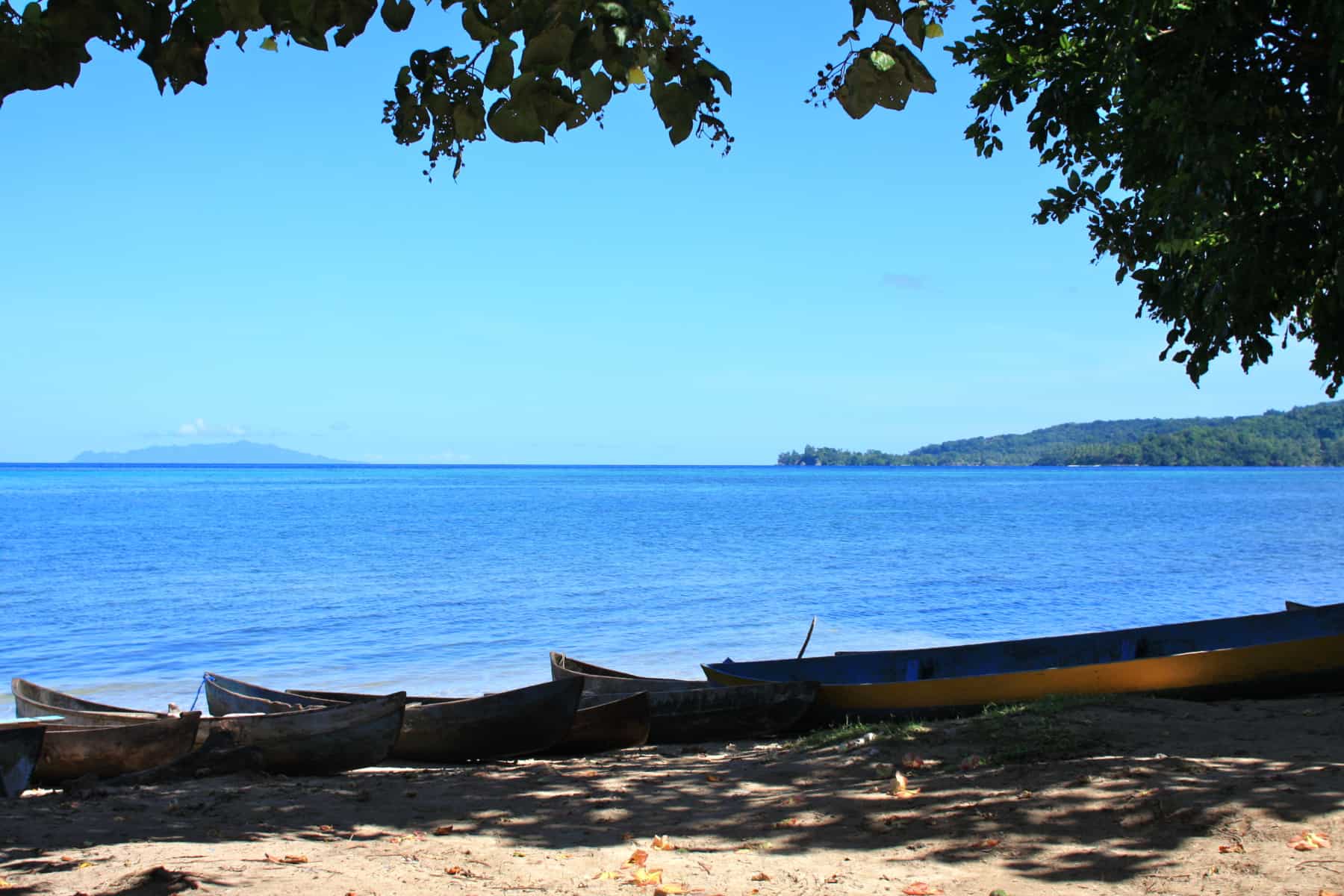To understand why regional leaders in the Pacific make the choices they do, we must try to ‘see like a regionalist’ and understand the dilemmas leaders face through their own eyes. Too often, development agencies do not fully understand the politics of Pacific regionalism. Pacific regionalism creates opportunities for nations to share burdens and pool their resources, but it can be fraught – as five countries’ withdrawing from the Pacific Islands Forum (PIF) in 2021 demonstrated. This paper draws on interviews with nine Pacific leaders, exploring their perspectives on three key dilemmas Pacific regionalists face: empowerment or vulnerability; self-sufficiency or interdependence; and traditional donors or China.
Key Findings
- Regional leaders view Pacific regionalism as key to a politically emboldened, environmentally sustainable, and economically prosperous Pacific future. The narratives they draw upon to justify these ideas often focus on the faults of national politicians, with whom they sometimes come into conflict.
- Particularly since the Covid-19 pandemic, there is a strong feeling that Pacific communities should move towards self-sufficiency, but their small size makes it difficult to achieve economies of scale.
- Pacific regionalists fear that rising geopolitical tensions may lead to an increase in short-termism and funding mechanisms that unscrupulous individual states could take advantage of.
Implications
There is no easy solution to the dilemmas facing Pacific regionalists. These dilemmas need to be managed, not resolved, but without ‘seeing like a regionalist’, donors are in a difficult position to be able to effectively support regional efforts.












